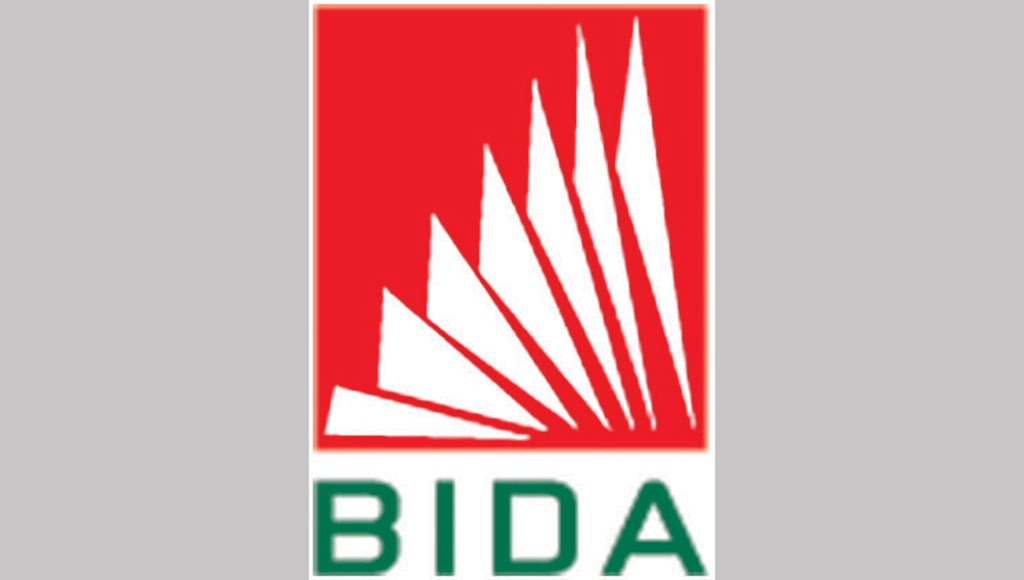BIDA to develop FDI heatmap to attract foreign investments

The Bangladesh Investment Development Authority, the country’s apex investment promotion agency, is leading the formation of a foreign direct investment heatmap in collaboration with global and local stakeholders to strategically position Bangladesh as a premier FDI destination.
This initiative would focus on mapping competitive sectors, identifying priority countries and investors, and transitioning to a proactive, data-driven investment promotion strategy, said a press release issued by BIDA on Monday.
By fostering public-private collaboration and regularly updating insights, BIDA aims to create a robust framework for targeted investment attraction, it said.
The project, under the leadership of the incoming head of BIDA’s Business Development team Nahian Rahman Rochi, is set to provide actionable insights by the end of November, it said.
BIDA has recently engaged key stakeholders to provide insights and analysis for identifying critical sectors and sub-segments where Bangladesh possesses a competitive advantage and strong growth potential.
‘Investment promotion in Bangladesh has historically been reactive. The FDI heatmap signals a shift towards data-driven, strategic engagement and exemplifies public-private collaboration,’ said BIDA executive chairman Ashik Chowdhury.
BIDA would also regularly update the FDI heatmap through consultations with key experts and stakeholders, especially from existing and potential FDI source countries, he added.
BIDA’s partners for the FDI heatmap initiative include organisations such as the Foreign Investors’ Chamber of Commerce and Industry, the Dhaka Chamber of Commerce and Industry, HSBC, Standard Chartered Bank, IDLC, International Finance Corporation, PricewaterhouseCoopers, Boston Consulting Group, Ernst & Young, LightCastle Partners, Inspira Advisory and Consulting, Japan External Trade Organisation, Japan International Cooperation Agency and Korea Trade-Investment Promotion Agency, among others.
At an event held by the Centre for Policy Dialogue on Sunday, the BIDA chairman said that the current operations of the BIDA office were like a postal service, functioning more as a checkpoint that impeded processes rather than facilitating investors.
In contrast, the envisioned transformation of BIDA involves adopting a model similar to an Apple store — a streamlined, customer-centric hub where services are easily accessible and efficiency is prioritised, ensuring a seamless experience for investors, Ashik said.
He highlighted the need for addressing the confusion around the roles of the Bangladesh Export Processing Zones Authority, the Bangladesh Economic Zones Authority and Hi-Tech parks, saying that the suggestion had been made to merge these entities into a single organisation to simplify the process for investors.
The BIDA chairman also said that there was a significant gap in industry consultation that needed to be addressed.
Ashik also said that BIDA had begun bringing in private sector professionals, with him being one of the first, and more professionals were expected to join in the near future.
He said that the announcement for establishing 100 economic zones no longer made sense and BIDA would cut it down to a smaller, more focused group.
Although the exact number will be officially announced, it was expected to be fewer than 10, and the selected zones will be the government’s primary focus, ensuring the necessary infrastructure, including electricity, water and residency, is delivered as promised, the BIDA executive chairman added.
Source: New Age | 18 November 2024







